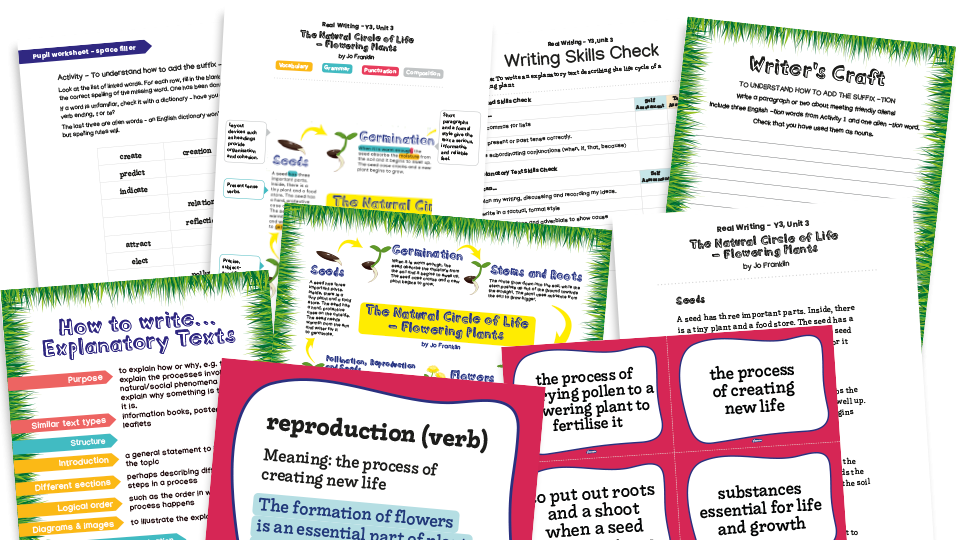Instructional coaching in EL schools increases the achievement and engagement of every student by bringing out the best performance of every teacher. Coaches use both student-centered and teacher-centered methods to help teachers improve the decisions they make about their instruction.
Teacher Resources Bookmark this page to get the latest resources designed by Apple to inspire creativity in the classroom. Check out lesson ideas, find out how to use Apple technology and curricula, and join the conversation with fellow teachers.
Coaching Cycles
- The Office of Teacher Development, in partnership with Dr. Bettina Love, proudly presents 'Teaching to Thrive.' These multi-modal professional learning tool kits provide resources for teachers to engage.
- Curriculum Calendar Explore curriculum resources by date Lesson Planning Articles Timely and inspiring teaching ideas that you can apply in your classroom Solutions Educator Edition Save time lesson planning by exploring our library of educator reviews to over 550,000 open educational resources.
- Explore more than 777 'The Life Cycle Of A Plant' resources for teachers, parents, and students.
Instructional coaching in EL schools is focused on evidence of student achievement and engagement connected to the instructional choices of
the teacher. Coaching involves an ongoing cycle of goal-setting, learning, observation and data collection, and reflection. However, the beginning point in this cycle is not the same for every teacher. Some coaching relationships may enter the cycle at the learning stage, while others might enter through data collection or reflection.
- Goal Setting: All instructional coaching involves setting goals. In fact, the very definition of coaching is built on the presence of clear, focused goals related to teacher practice and student achievement. While not necessarily the first step in every coaching relationship, formal coaching cycles should be guided by goals articulated by the teacher and informed by larger school improvement priorities.
- Learning: Instructional coaching must be viewed, first and foremost, as a form of learning. The power of coaching comes through the intentional focus on clearly identified goals specific to each teacher and connected to the school’s larger professional development/EL work plan goals. Teachers learn through school-based professional development, institutes, and practices such as looking at student work, reading and discussing educational texts, observing best practices (e.g. model teaching, peer observation, use of video), co-teaching, and collaborative planning of curriculum, instruction and assessment.


Download this resource to read the full text.

Resource Downloads
K 3 Teacher Resources
Please log in to access the downloadable resources.

